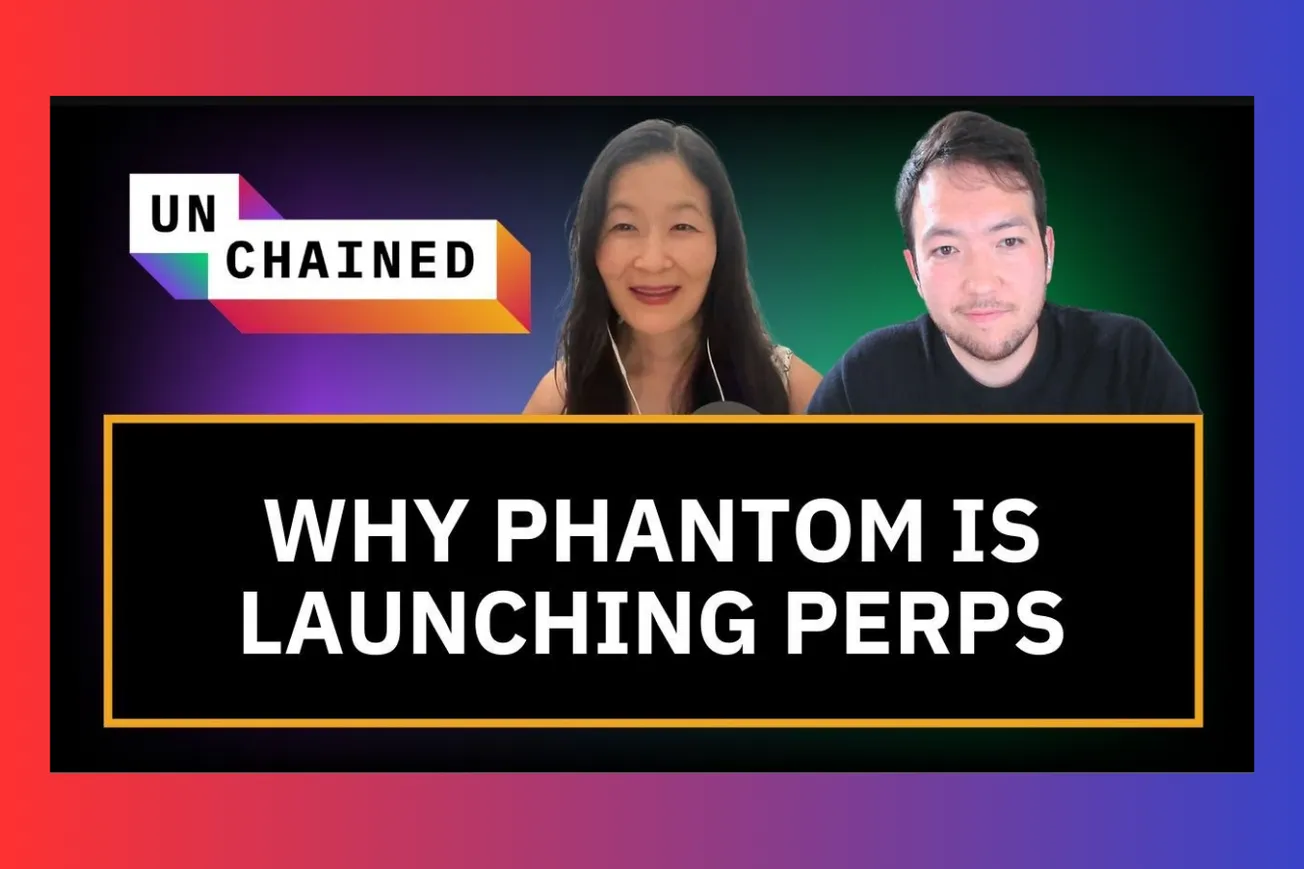Table of Contents
Phantom wallet chooses Hyperliquid over Solana DEXes for perpetual swaps, targeting superior liquidity and user experience.
Key Takeaways
- Phantom launched perpetual swaps via Hyperliquid instead of Solana-based alternatives like Drift or Jupiter
- The decision prioritized liquidity quality over ecosystem loyalty, seeking centralized exchange-scale decentralized trading
- Users get access to 100 markets with up to 40x leverage, currently available in EU first
- Phantom positions itself as a consumer finance platform rather than just a crypto wallet
- The product serves as a front-end to Hyperliquid's open permissionless system
- Social discovery features aim to enhance crypto trading through friend recommendations and community insights
- Brandon Milman envisions Phantom becoming the world's biggest consumer finance platform within five years
Phantom's Strategic Shift Toward Hyperliquid
Brandon Milman, Phantom's CEO and co-founder, describes the perpetual swaps launch as applying the company's core mission of making crypto "safe and easy to use" to derivatives trading. The timing reflects both Hyperliquid's emergence as a serious competitor to centralized exchanges and growing mainstream appetite for perpetual contracts from traditional finance players like Coinbase and Robinhood.
- Phantom targets 100% rollout by week's end, with overwhelmingly positive reception from the crypto community during initial testing phases across eligible jurisdictions outside the United States.
- The wallet functions essentially as a sophisticated front-end to Hyperliquid's infrastructure, giving users access to whatever markets and leverage levels the underlying protocol supports rather than making independent product decisions.
- Users deposit SOL which converts to USDC for trading, though future versions will accept various assets including raw USDC, with Phantom earning fees on position opens and closes rather than conversion spreads.
- Regulatory compliance limits initial availability to non-US jurisdictions, though Milman expresses cautious optimism about eventual expansion as the American regulatory environment continues evolving under new leadership.
Why Hyperliquid Beat Solana's Native Options
Despite Phantom's identity as a "Solana-first wallet," the team chose Hyperliquid over native Solana perpetual exchanges like Drift and Jupiter based purely on user experience metrics. Milman emphasizes that providing the best trading experience requires the best liquidity, which directly translates to better price execution and overall user satisfaction.
- Hyperliquid has achieved "centralized exchange scale" in decentralized perpetuals, something previous attempts like dYdX and GMX never managed to replicate convincingly despite multiple years of development efforts.
- The platform benefits from dozens of teams working to improve features and maintain innovation momentum, creating a collaborative ecosystem that single-team projects struggle to match organically.
- Raw liquidity statistics show Hyperliquid significantly outperforming alternatives, making the choice "not even really comparable" when evaluating backend options for optimal user experience.
- Building on open permissionless infrastructure allows Phantom to provide access to the "biggest and widest range" of markets, with upcoming HIPP3 protocol improvements enabling anyone to launch custom perpetual markets.
The Mobile-First Crypto Revolution
Milman identifies mobile-first adoption as the primary trend transforming how people interact with cryptocurrency, enabled by infrastructure improvements on chains like Solana that finally make mobile apps enjoyable to use through reasonable fees and transaction speeds.
- Native mobile experiences now take precedence over mobile web interfaces, driving the rise of embedded wallets as apps prioritize seamless user onboarding over external wallet connections.
- Phantom deliberately chose an "opinionated take" on mobile-first perpetuals UX rather than creating a generic window into various perp exchanges, reflecting broader industry movement toward specialized native experiences.
- The multi-chain ecosystem's continued fragmentation actually strengthens wallets' position, since embedded wallet models break down when users want to explore beyond single applications or ecosystems.
- Users increasingly approach crypto wallet-first rather than exchange-first, seeking access to whatever's being built on open permissionless networks rather than just buying and holding major cryptocurrencies.
Social Features as Crypto Discovery Engine
Rather than competing with established social media platforms, Phantom's social integration focuses on enhancing existing crypto activities through friend-based discovery and community validation mechanisms.
- The approach recognizes crypto's inherently social nature, since most people discover new opportunities through friend recommendations rather than independent research or marketing channels.
- Social features will surface relevant activities like token purchases, NFT mints, or prediction market participation based on friend activity, helping users discover opportunities they might otherwise miss entirely.
- This strategy explicitly avoids trying to replicate Twitter or Telegram functionality, instead "supercharging" activities people already enjoy doing in crypto through enhanced social discovery mechanics.
Milman distinguishes this from other crypto-social approaches that essentially graft existing social media concepts onto blockchain infrastructure without addressing crypto-specific use cases or improving discovery of genuinely valuable opportunities.
Phantom's Five-Year Vision
Phantom aims to become "the biggest consumer finance platform in the world" within five years, positioning itself as the primary interface for users' everyday financial lives rather than just cryptocurrency transactions.
- The vision encompasses replacing tools like Revolut, Square Cash, and Robinhood by offering superior experiences while harnessing onchain open permissionless networks' fundamental advantages over traditional infrastructure.
- Traditional finance companies remain "landlocked" despite appearing digital-first, unable to facilitate genuine cross-border user interaction due to legacy rails, while blockchain-based platforms enable seamless global financial interaction.
- Phantom expects most traditional financial activities to be "replicated better and faster onchain," with the growing onchain ecosystem acting like a "black hole" that gradually absorbs conventional financial services.
- The company believes open permissionless networks provide insurmountable competitive advantages through global accessibility, community-driven innovation, and the ability to harness momentum from teams building complementary products across the ecosystem.
Phantom's perpetual swaps launch represents more than product expansion—it signals the wallet's evolution into a comprehensive financial platform. By choosing Hyperliquid over Solana alternatives, Phantom demonstrates commitment to user experience over ecosystem loyalty, positioning itself for the inevitable convergence of traditional and decentralized finance.





